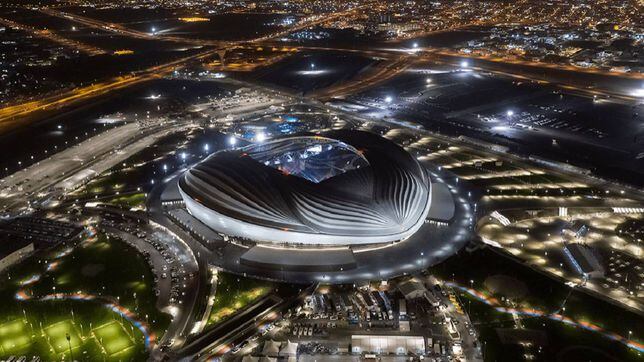
Qatar World Cup 2022: A Win for Qatar and The Region & A Lesson for Upcoming Hosting Countries
The First FIFA World Cup to Be Hosted in the Middle East
An Opportunity for Qatar and the Wider Region
The sports sector in the wider Middle East is due to grow by 8.7% in the next three to five years, according to research by PwC, compared with 3% globally over the same period. Regional events now include Formula One races in Abu Dhabi, Bahrain and Saudi Arabia, international golf tournaments in Abu Dhabi, and tennis tournaments in Dubai, and recently FIFA World Cup in Qatar. Hosting the FIFA World Cup had many benefits that didn't only serve Qatar, but the rest of the Mena region.
The run-up to the World Cup in Qatar was of a great benefit to the economies of neighbor markets, and revenues in the hospitality, aviation, and tourism sectors has boomed.
From across the Middle East, reservations for confirmed flights were up 6,000% compared to pre-pandemic levels, and the UAE leads the way as the top feeder market over the World Cup period. UAE has become an attractive option for fans, with Air Arabia and FlyDubai operating a combined total of more than 45 daily shuttle flights from Dubai and Sharjah into Doha. Dubai is the biggest beneficiary of this trend by far, capturing 65% of onward visits. The next most popular onward destination is Abu Dhabi, with 14%.
